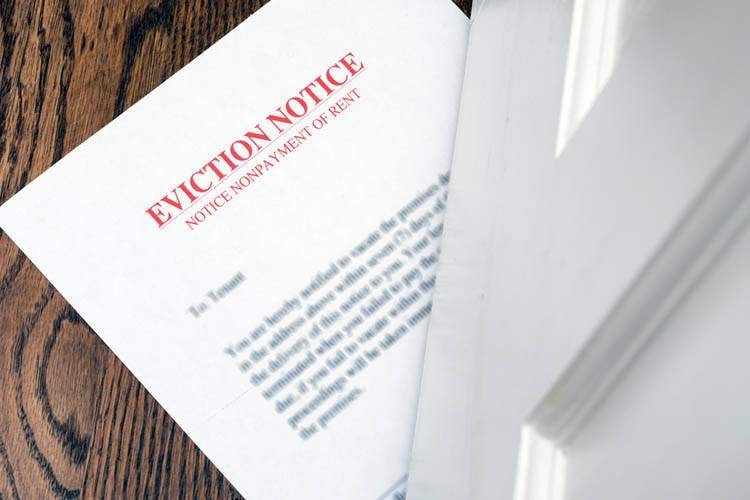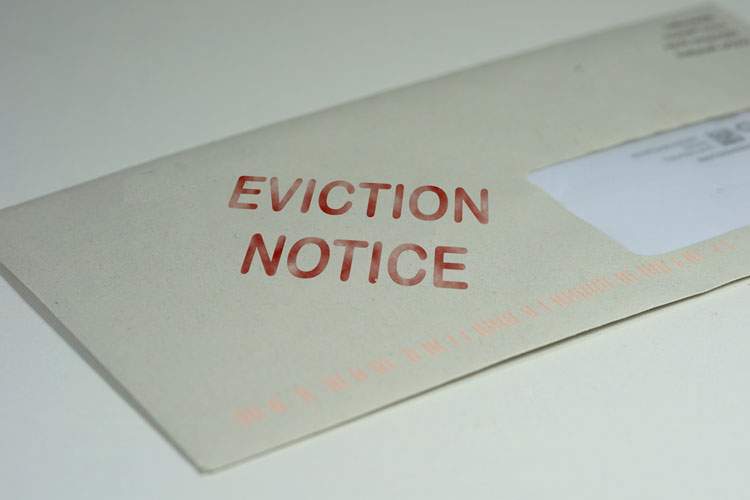Common Mistakes Landlords Make During Evictions
Evictions are often emotionally charged situations that can be challenging for both landlords and tenants. When handled incorrectly, landlords may unintentionally make critical mistakes that could delay the eviction process or, worse, lead to legal consequences. In this blog, we’ll explore some of the common mistakes landlords make during evictions and provide valuable insights on how to avoid these pitfalls to ensure a smoother and legally compliant eviction process.




